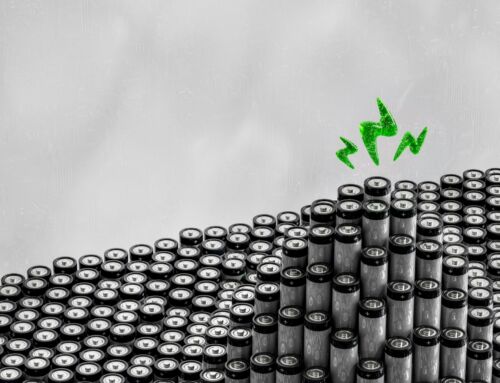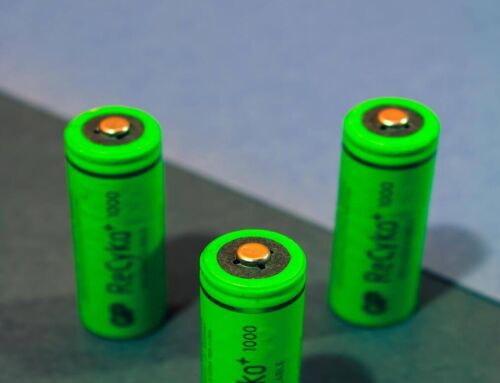Nestled in the high-altitude plains of Bolivia lies a natural wonder of unparalleled significance: the Salar de Uyuni. Stretching over 10,000 square kilometers, this vast salt flat is not only a breathtaking landscape but also holds a treasure beneath its shimmering surface – lithium.
Lithium, often referred to as the «white gold» of the 21st century, is a critical component in the batteries that power our smartphones, laptops, and electric vehicles. As the world transitions towards renewable energy and electric mobility, the demand for lithium has surged, sparking a global race to secure new sources of this valuable mineral.
Bolivia, with its vast lithium reserves concentrated in the Salar de Uyuni, finds itself at the center of this race. With an estimated 9 million tons of lithium, Bolivia holds the largest known lithium reserves in the world, surpassing even neighboring Chile and Argentina.
But the significance of Bolivia’s lithium goes beyond sheer quantity. The Salar de Uyuni offers unique advantages for lithium extraction. Its high altitude, arid climate, and vast salt deposits provide ideal conditions for the formation of lithium-rich brine, which can be extracted using relatively low-cost and environmentally friendly methods.
However, unlocking the full potential of Bolivia’s lithium treasure requires more than just geological abundance. It demands vision, investment, and sustainable development strategies. Bolivia’s government, recognizing the strategic importance of lithium, has embarked on ambitious plans to harness this resource for the benefit of its people and the planet.
At the forefront of Bolivia’s lithium development efforts is the state-owned company Yacimientos de Litio Bolivianos (YLB). Under the banner of the «Lithium Triangle» initiative, Bolivia aims to industrialize its lithium resources, from extraction to battery manufacturing, creating jobs, boosting economic growth, and positioning the country as a global player in the clean energy revolution.
But Bolivia’s journey towards unlocking the potential of its lithium treasure is not without challenges. The road to sustainable lithium development is fraught with technical, environmental, and social complexities. Balancing the need for economic development with environmental conservation and social responsibility requires careful planning, robust regulations, and community engagement.
Moreover, Bolivia faces competition from other lithium-producing nations, each vying for a share of the global lithium market. Chile, Argentina, Australia, and other countries boast significant lithium reserves and are investing heavily in lithium extraction and processing infrastructure.
Nevertheless, Bolivia’s unique advantages, coupled with its commitment to sustainable development, position it as a key player in the lithium industry. By harnessing the potential of the Salar de Uyuni responsibly and inclusively, Bolivia has the opportunity to not only transform its economy but also contribute to the global transition towards a cleaner, greener future.
As the world looks towards sustainable solutions to combat climate change and secure energy independence, Bolivia’s lithium treasure in the Salar de Uyuni represents not just an economic opportunity, but a chance to pave the way towards a more sustainable and equitable future for generations to come.





